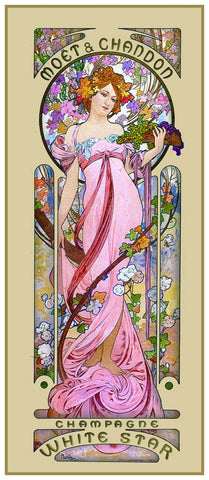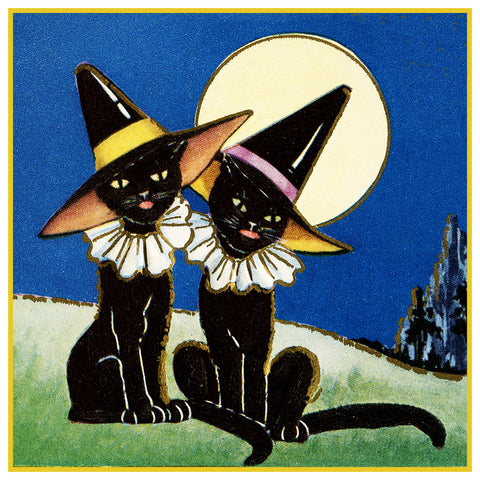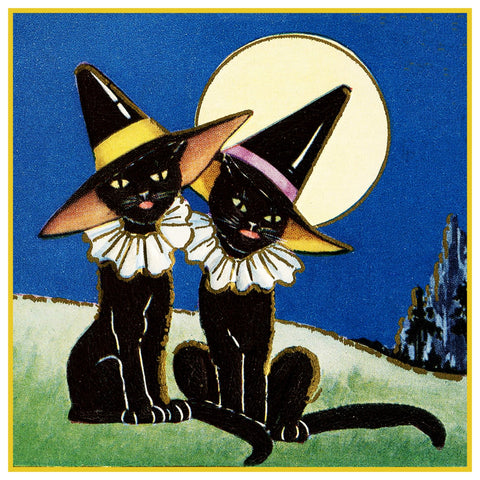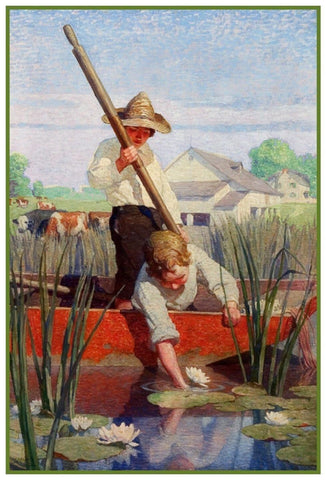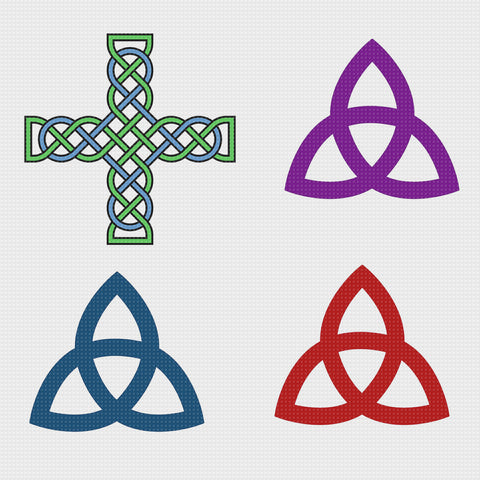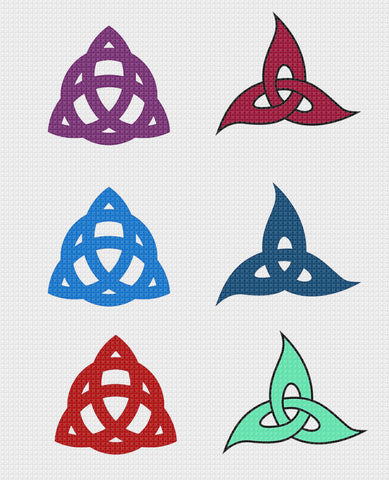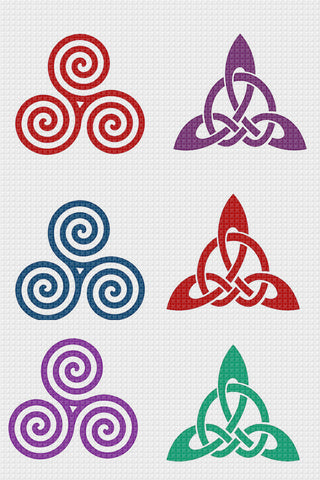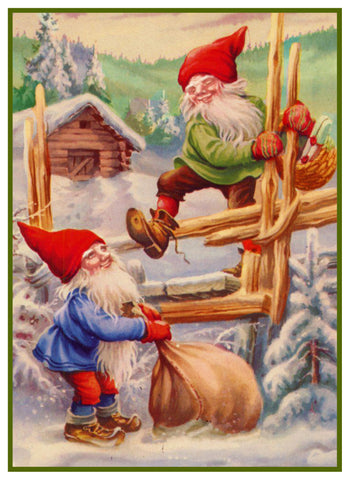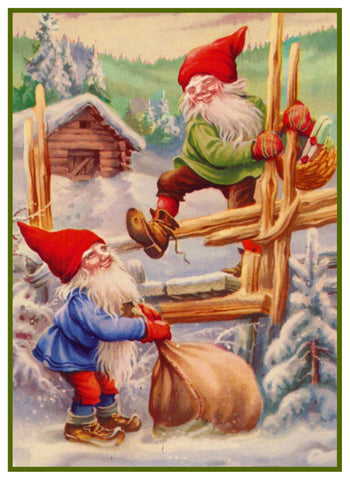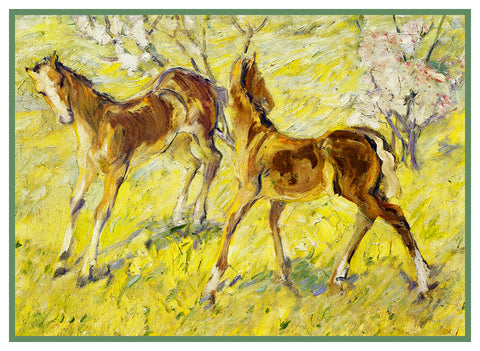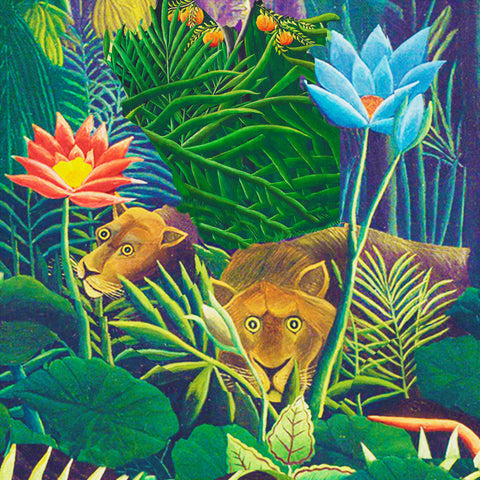Counted Cross Stitch Chart Specifics:
- This is a pattern that is used to sew and to create a counted cross stitch picture.
- COUNTED CROSS STITCH PATTERN Charted for 14 count fabric and DMC Cotton Floss.
- Finished size is 14 inches (196 Stitches) by 14 inches (196 Stitches).
- Chart uses up to 40 colors DMC Cotton Floss. Full stitches only. No half stitches and no backstitching necessary.
- We provide two charts both printed in black ink on bright white 11" by 17" paper. Chart #1 is a single page chart. Chart #2 (tired eyes) is a 4-page enlarged chart that eases eye strain.
Note to Stitchers: You will receive a chart that is of the entire image including the background. You can stitch the background or stitch on your choice of a 14-count solid cloth and create a raised embossed effect.
***This is not a kit. No Floss, Thread or fabric are included***
What inspired this pattern:
Amish quilts are reflections of the Amish way of life. As a part of their religious commitment, Amish people have chosen to reject "worldly" elements in their dress and lifestyle, their quilts reflect this. Traditionally, they use only solid colors in their clothing and the quilts they intend for their own use, in colors that were approved by their local religious leaders. Early Amish quilts were typically made of light weight wool fabric, off the same bolts of fabric used for family clothing items. Black is a dominant color, in the oldest Amish quilt styles, particularly in quilts made in Eastern Pennsylvania. Although classic Amish quilts appear austere from a distance, the craftsmanship is often of the highest quality and the lush quilting patterns, that contrast with the plain background. Antique Amish quilts are among the most highly prized among collectors and quilting enthusiasts. The quilts created by Amish people in the early period reflect their strong, internal cultural influences, that were to some degree separate from the non-Amish culture around them. The color combinations can help experts determine the community in which the quilt was produced. Many consider these quilts the "art" of the Amish.


![[product_title] - Orenco Originals LLC Counted Cross Stitch](http://www.orencooriginals.net/cdn/shop/products/231575217272-0_1024x1024.jpg?v=1599024404)
![[product_title] - Orenco Originals LLC Counted Cross Stitch](http://www.orencooriginals.net/cdn/shop/products/231575217272-0_medium.jpg?v=1599024404)
![[product_title] - Orenco Originals LLC Counted Cross Stitch](http://www.orencooriginals.net/cdn/shop/products/orencooriginalsamishquilttumblingblocksamishstartwo-pillowwoodsurface_medium.jpg?v=1599024404)
![[product_title] - Orenco Originals LLC Counted Cross Stitch](http://www.orencooriginals.net/cdn/shop/products/orencooriginalsamishquiltcarpenterswheelpastel-color-wall_medium.jpg?v=1599024404)
![[product_title] - Orenco Originals LLC Counted Cross Stitch](http://www.orencooriginals.net/cdn/shop/products/232639010288-2_9a30e724-8f72-4761-9b58-18d4a983e4bd_medium.jpg?v=1599024404)
![[product_title] - Orenco Originals LLC Counted Cross Stitch](http://www.orencooriginals.net/cdn/shop/products/orencooriginalsamishquiltlonestaronwall-living-room_medium.jpg?v=1599024404)
![[product_title] - Orenco Originals LLC Counted Cross Stitch](http://www.orencooriginals.net/cdn/shop/products/orencooriginalsamishquiltvividbasketsart-prints-and-a-clock_medium.jpg?v=1599024404)
![[product_title] - Orenco Originals LLC Counted Cross Stitch](http://www.orencooriginals.net/cdn/shop/products/232766570743-3_medium.jpg?v=1599024404)
![[product_title] - Orenco Originals LLC Counted Cross Stitch](http://www.orencooriginals.net/cdn/shop/products/232639010288-1_d70d33a2-aaaa-4bd2-a12d-c4ec32e7b227_medium.jpg?v=1599024404)
